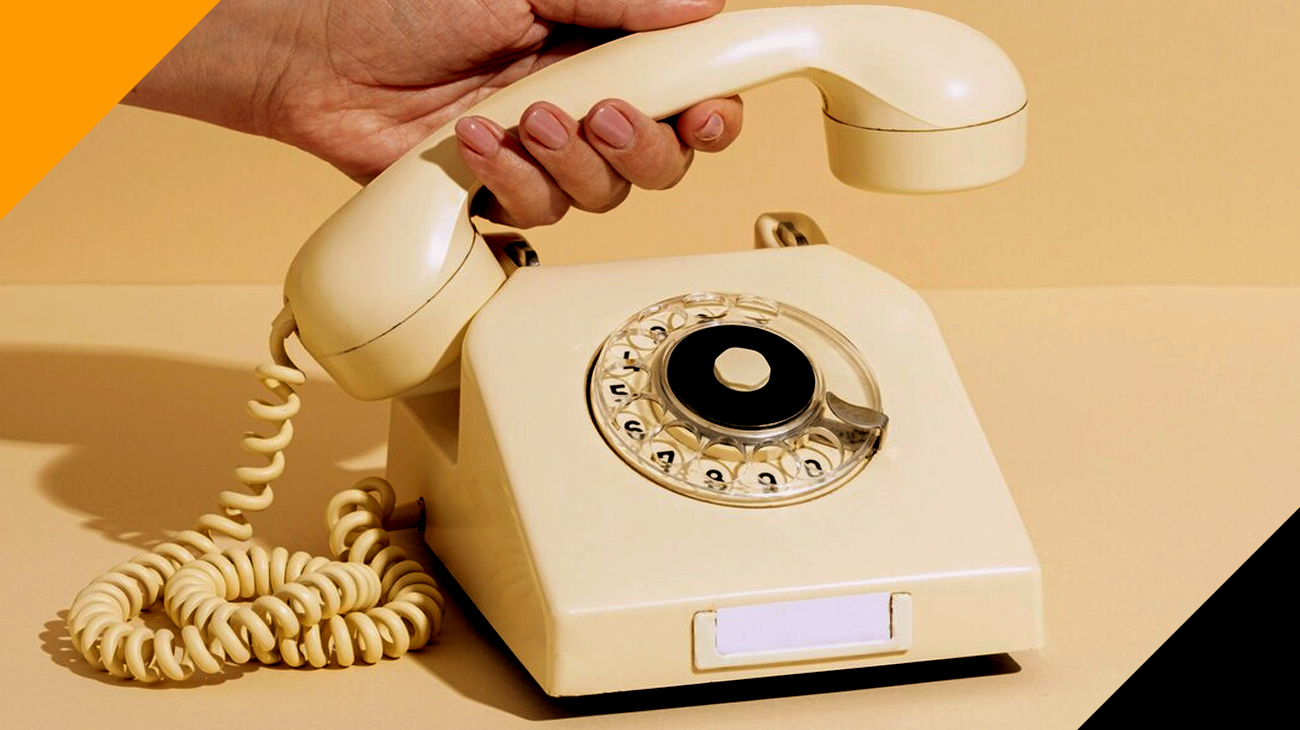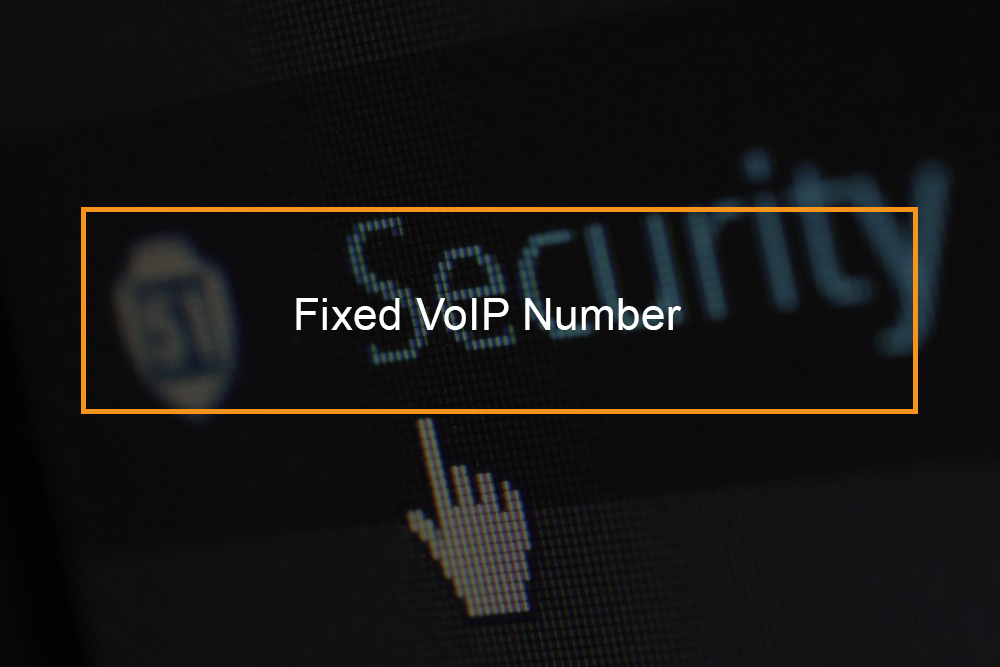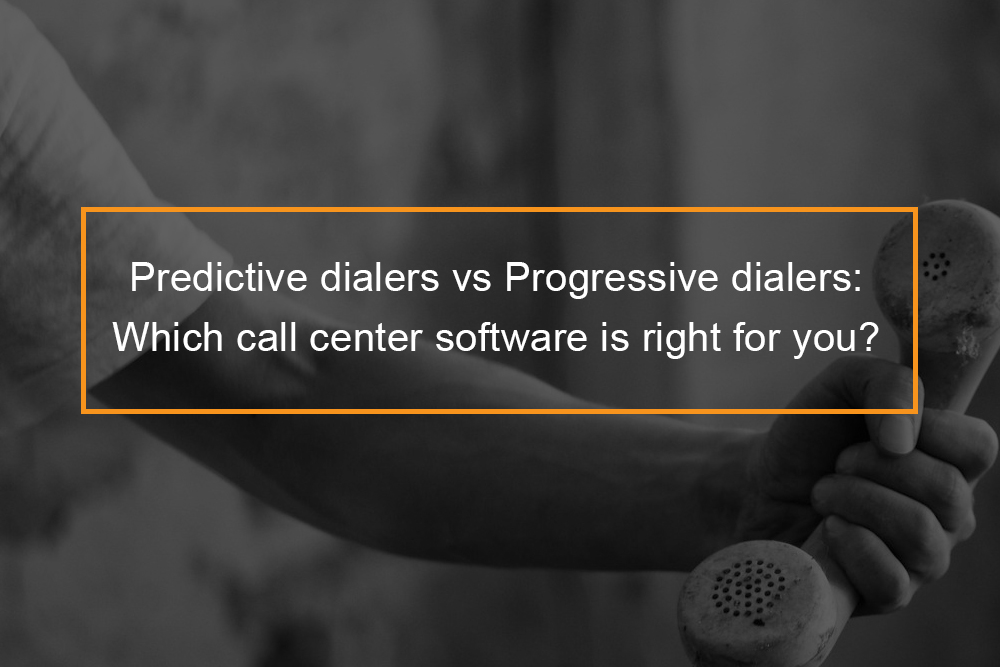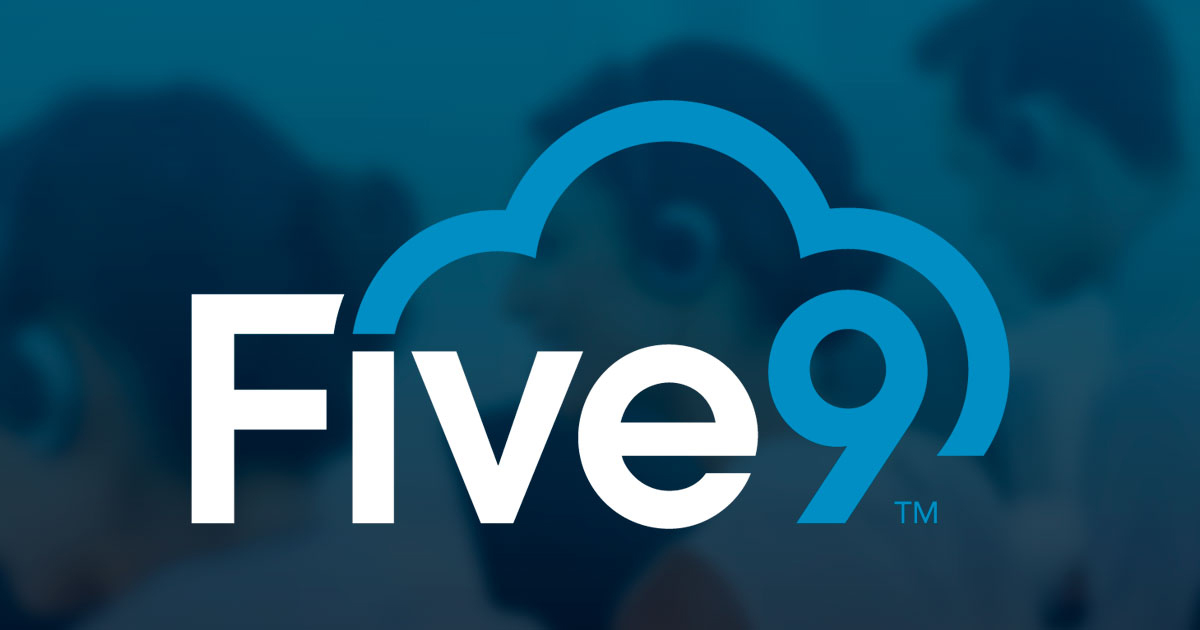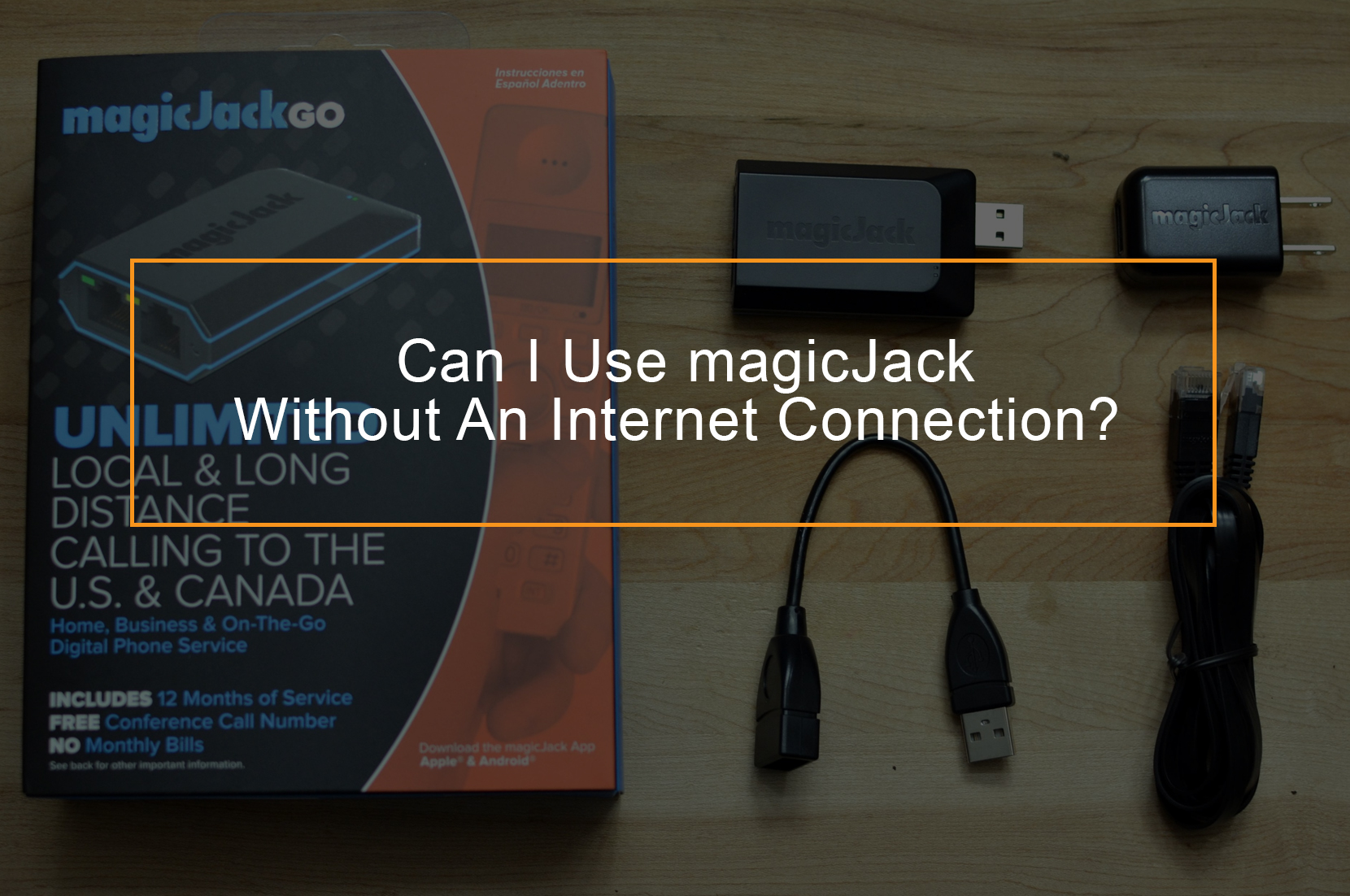Understanding Auto Dialer Legalities
Automated Dialing Laws
Are Auto Dialers illegal? Numerous companies can benefit by using an auto dialer, but there are concerns about their legality. Although it is true that misuse of technology used to dial phones resulted in some restrictions from the government in the past, dialers are legal so they follow the guidelines.
Table of Contents
What is an Auto Dialer?
Auto dialers enable your personal or business phone to navigate through a list of calls automatically. They can be configured to only dial when you select to initiate, or dial after the conclusion of a conversation instantly, and then go straight to the next one, or make calls queued by dialing out during the current call. There are dialers that can’t do all three things, which is why it’s crucial to be aware of the capabilities of each dialer you’re thinking of using for your company.
The dialers of today are usually software applications, not hardware devices. They make use of VOIP, smartphone integration, as well as other technology to give you all the tools needed to create, plan and manage campaigns. They also offer tools for managing teams such as the dashboard for teams, easy assignment of campaigns and task delegation with time frames. This makes them indispensable for any business that has a high volume of calls provided they’re used within the confines of law.
Are Auto Dialers illegal?

Are Auto Dialers illegal? No. The use of auto dialers is legal as it is in compliance with federal regulations and state laws. These laws change frequently therefore it’s essential to be aware of them to ensure you’re legally making calls.
What Is Considered An Autodialer?
Autodialers are defined by the term “equipment that can store or generate telephone numbers to be called using a random or sequential number generator.” Despite advances in telemarketing technology and the emergence of this definition, the term auto dialer has been in use since Congress adopted the TCPA in 1991.
When Can You Use An Autodialer?
A sequential or random number generator has to be employed in an auto dialer for it to be regarded as one. According to TCPA definition, an “automated telephone dialing system” is a piece of equipment that is able to “store or produce telephone numbers to be called, using a random or sequential number generator,” and then dial the numbers.
TCPA & Auto Dialer Law
The Telephone Consumer Protection Act of 1991 prohibits autodialers or pre-recorded message messages as well as cold-calling for marketing purposes. The act does not ban dialers from being used, but regulates the manner in which different kinds of numbers are allowed to be utilized and when they have to be removed. The legality of using an autodialer is as simple as following these rules in conjunction with the other general rules contained in the statute like the restrictions on dialing times at least eight hours in the morning and prior to nine at night.
Auto Dialer Laws You Are Required To Follow
It’s vital to observe the laws specific to auto dialers both in the nation and state-by-state as they are likely to change frequently and are covered by one of the regulations below:
- The Telephone Consumer Protection Act (TCPA)
- The Telemarketing Sales Rule (TSR)
Here are some of the most important federal auto dialer law laws that you should keep in mind:
Time of Day You Can Call
It’s crucial to know the exact time of day when you can legally make calls. It is not permitted to call prior to 8 am or after 9 pm. The time zone is determined on the location of the recipient not your own.
You Cannot Call These Organizations
You cannot auto dial any of the following:
- Hospitals
- 911
- Police
- Emergency line of any type
Abandoned Calls
Calls that are not returned are considered abandoned if they’re in no way connected with a live customer service rep within two seconds after the person’s greeting. In the case of all calls, not more than 3 percent can be considered abandoned.
Do Not Call List (DNC)
The Do Not Call List prohibits you from calling anyone listed on this list. In addition, if someone asks to not be called it is prohibited to call them back. This FTC rule is applicable to individuals and companies.
Pre-Recorded Messages
To use an auto dialer, you must: to leave a message to leave a voice message, you must:
- Have prior written consent
- Include an opt-out option
Informational messages should be information only and should not be used to market a product or sell products.
Deceptive Practices Are Prohibited
If you’re selling services or products to a person you are required to have a precise explanation of these services or items prior to receiving payment. This includes details such as the total price and refunds.
You Must Disclose Your Identity and Services
The TSR obliges anyone who makes an auto dialer phone to provide the following information:
- Your identity
- Services or items being sold
- Description of the services or items being sold
What Type of Auto Dialer Calls Are Prohibited by the TCPA?
Many call types that are prohibited for use by telemarketers can be utilized if the customer decides to opt-in to the communications by providing contact information and a written consent. Certain types of calls can also be utilized to market non-marketing or to current customers of a service.
| Telemarketing auto dialer calls and any pre-recorded voice calls to mobile numbers are prohibited unless the recipient has provided written permission |
| Calls to landlines that use pre-recorded voice messages for marketing purposes |
| Text messages to mobile numbers for marketing purposes are treated as calls when implementing mobile restrictions |
Contacts to landline numbers made with an autodialer are permitted if there is no recorded voice message. Consent stipulations are applicable for landlines only when deciding the possibility of using an already recorded message as a way to contact. Written consent for text or phone calls can be obtained through opt-in forms, or by establishing the number of a text message that adds contacts to your database when they text to sign up. It is also important to note that messages recorded for landlines are permitted if they’re not used for sales or marketing purposes such as info calls or polls.
Auto Dialer Laws By State
While the majority of states fall under the federal laws on auto dialers however, certain states have their own rules and laws you have to follow when calling. They include:
| Colorado |
| Florida |
| Indiana |
| Louisiana |
| Massachusetts |
| Mississippi |
| Missouri |
| Oklahoma |
| Pennsylvania |
| Tennessee |
| Texas |
| Wisconsin |
| Wyoming |
Are There Exceptions To The Above Auto Dialer Laws?
Yes there are a few exceptions to the laws regarding auto dialers as mentioned above. If you or your company sell investment products, you may be required to follow regulations of the Securities and Exchange Commission (SEC) or the Commodity Futures Trading Commission (CFTC) instead of the TSR.
B2B (B2B) calls can be not subject to the TSR However the exemption will depend on the topic that the phone call is about.
The healthcare sector, charities raising funds, or calls offering information about a sale that has already taken place are not subject to the pre-recorded messages the above-mentioned requirements.
What to Do If a Company Violates the Do Not Call List or Other TCPA Rules
If a consumer is approached by a company in breach of provisions of law, the damage could range between $500 and $1500 per offense. If a business contacts you two times after having asked to be added to the DNC lists, you could be legally able to sue them in the amount of $500-$1,500 per two calls which were in violation of the TCPA.
Frequently Asked Questions
What is the Telephone Consumer Protection Act?
The TCPA is the abbreviation used for the Telephone Consumer Protection Act of 1991. The law prohibits telemarketing for specific phone calls, texts, phone calls, and facsimiles. Also, it prohibits the use of automated dialing devices and recorded or artificially-generated voice messages. Phone calls that are collected are also controlled under the law. Consumers can make complaints to the Federal Communications Commission (FCC) in the event that TCPA is not being followed. Because TCPA law is a consumer protection statute lawsuits could also be brought by those who have suffered violations.
In 1992, the FCC issued regulations to implement the law, which included the requirement that marketers who sell telephone services keep a list of do not-callers. In 2003 the FCC joined forces in conjunction with the Federal Trade Commission (FTC) to create a national Do Not Call Registry, with the exception of nonprofit organizations. In 2012 the FCC updated its rules on TCPA and TCPA, including obligating businesses to obtain consent of the consumer in writing for robocalls to mobiles or calls made using pre-recorded voice messages, as well as to provide automated opt-outs in these types of calls.
How to Get on the National Do Not Call List?
The U.S. government has created the national DNC list, and it’s simple to join it. It is possible to add both your house phone number and cell phone number to the list. Call 1-888-382-1222 to get on it or sign up at https://www.donotcall.gov/.
If a marketer or seller contacts you after being listed on the DNC list for a minimum of 30 days, then you could be eligible to file a complaint against them.

